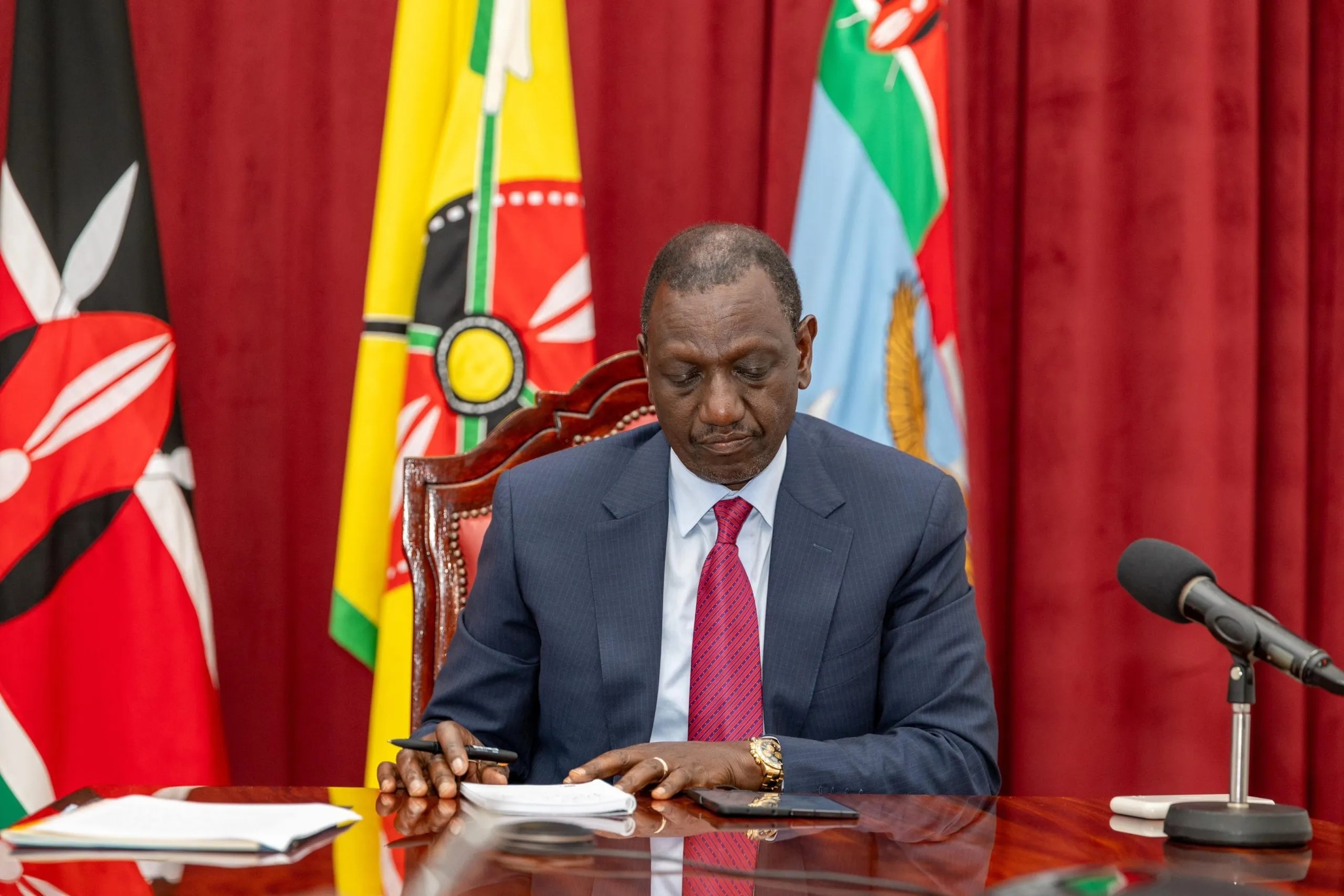A new report has laid bare the number of multiple bank accounts operated by county governments which oversight agencies have warned could be used to siphon taxpayers money.
The expenditure report by Controller of Budget Margaret Nyakango for the last financial year, shows that 43 counties are operating 2,027 bank accounts at various commercial banks.
Four counties—Kirinyaga, Mombasa, Siaya and Tharaka Nithi—did not provide records on the number of bank accounts they hold with commercial banks.
The revelations come just days after Auditor General Nancy Gathungu raised the red flag that the multiple accounts could be a graft conduit.
Gathungu said counties should not have more than 10 bank accounts.
However, the report shows that Governor Kenneth Lusaka’s Bungoma county operates 358 bank accounts.
Kimani Wamatangi’s Kiambu has 306 bank accounts, Benjamin Cheboi’s Baringo has 283 while Ochillo Ayacko’s Migori has 208.
“The OCoB [office of the controller of budget] noted that the county governments used commercial bank accounts to operate the established public funds and other operational accounts,” Nyakang’o said in the report.
This is contrary to Regulations 82(1) (b) of the PFM (County Governments) Regulations, 2015 which requires county government bank accounts to be opened and maintained at the CBK.
“The only exemption is for imprest bank accounts for petty cash and revenue collection accounts,” the report states.
Other counties with many bank accounts include: Nyandarua (88), Kakamega (64), Busia (62), Taita Taveta (37), Kwale (35), Tana River (34), Machakos (33) and Embu (31).
Meru has 29, Kajiado 27, Narok 27, Lamu 24, Nairobi 23, Murang’a 23, Karicho 22, Mandera 22 and Uasin Gishu 20.
“The CoB advises the county executive committee members responsible for Finance to follow up and ensure compliance with the law by maintaining bank accounts at the CBK for accountable spending,” Nyakang’o said.
Appearing before a Senate oversight committee last week, Gathungu said the counties should not operate more than 10 bank accounts, adding that the numerous accounts could be used to steal public money.
“Sometimes you find a dormant account for three years and suddenly there is money channeled inside, then all of a sudden it disappears. When you follow up, you find it's a vehicle to transfer money,” Gathungu said.
"You find county X is using the same services with 10 accounts, but county Y is doing the same with 200 accounts,” Migori Senator Eddy Oketch said.
In her response, Gathungu said, "More than 10 bank accounts, to me, is a no. So, operating 300 bank accounts does not make sense to me."
“I think we should minimise bank accounts, we should have one or two expenditure accounts. We don’t need 300,” Gathungu said.
According to Nyakang’o’s report, the counties with the least number of bank accounts at commercial banks include West Pokot (four), Vihiga (five), Kitui (five), Nandi (seven), Kisumu (eight) and Kilifi (10).
Trans Nzoia, Marsabit, Isiolo, Homa Bay and Garissa have 11 accounts each while Nakuru and Laikipia have 12 each.
Others are Wajir (15), Nyamira (15), Kisii (16), Turkana (16), Elgeyo Marakwet (16), Bomet (17), Nyeri (17) and Makueni (17).
Currently, the Senate Devolution and Intergovernmental Relations Committee chaired by Wajir Senator Mohamed Abbas is investigating the devolved units that opened the accounts.
Last month, the committee put Governor Lusaka task to explain the rationale for operating the many accounts.
“Did you follow the law in opening the accounts?” Marsabit Senator Mohamed Chute had posed to Lusaka.
Lusaka defended the accounts saying his administration is operating 10 public funds accounts, nine special purpose accounts and a project management account.
The county is also operating nine subcounty imprest accounts, two Mabanga operation accounts and 19 Level 4 and 5 hospital accounts.
“Most of the accounts belong to vocational training centres and health facilities and dispensaries in the county,” the county boss said.
Lusaka said the county health facilities receive funds directly from donors which requires them to maintain individual separate accounts.
He added that the accounts are fully audited and included quarterly financial statements.
“We have made progress and we are committed to ensure regulation 82 (1) (b) of the Public Finance Management (County Government) Regulations 2015 is compiled with and shall continuously appraise the office of the Controller of Budget,” Lusaka said.



















